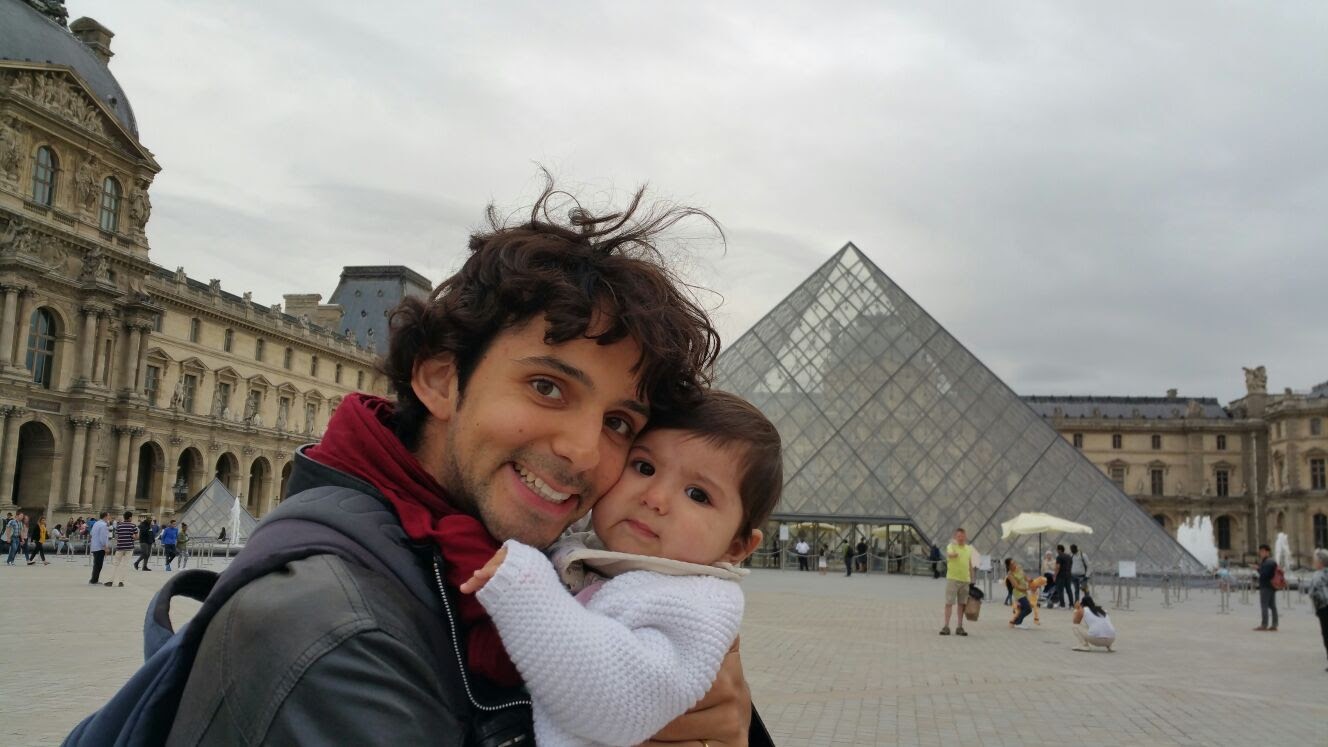Rafael Quezada Gaete, Churchill College, 2015-2016
Industrial Engineer from Chile, founder of a social enterprise in tourism for development and senior innovation advisor. Married to Priscilla and father of María Jesús.
Dissertation title:
A Real Options Model for Sustainability Evaluation
Students report:
Why did you do the ESD MPhil?
I was looking for a master’s degree in sustainability, where I could use my experience and interest in circular economy and social enterprises. I found this MPhil and loved the focus on engineering as a tool for development. The possibility of studying in Cambridge was very appealing as well.
How did it help you?
I gained an invaluable insight on being practical and realistic about sustainability evaluation, looking beyond what sounds nice and into what can really make sustainability work in the long term. I also learned that, since development inevitably requires a trade-off, sustainable development must seek the balance between the transformation behind the concept of development and the ability to keep doing so indefinitely in the future. The MoTI project was a great experience and it is completely linked to what I am doing now, so that is definitely something worth doing mindfully.
What are you doing now?
I am currently leading an innovation agency that serves as intermediary to companies, universities, R&D centres for the design and execution of innovation projects with public funding. I am designing innovation projects for companies of all industries, from services such as lasertag to spirits distilleries, 3D printing of prototypes, Information systems design, sustainability analysis of production processes, PV panel installation design software, you name it.

